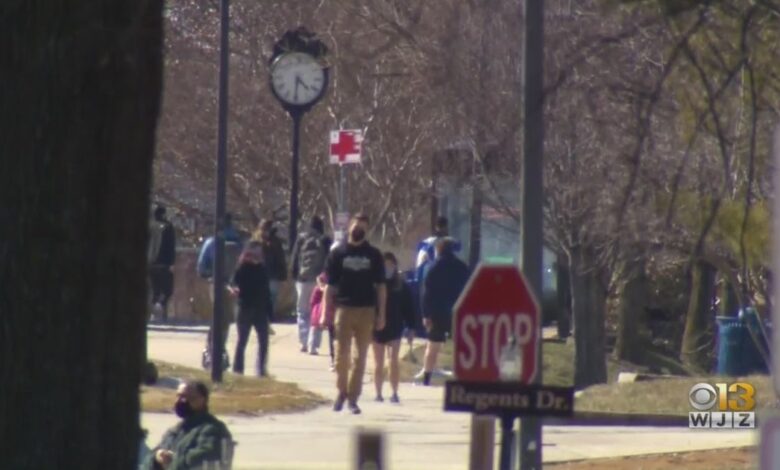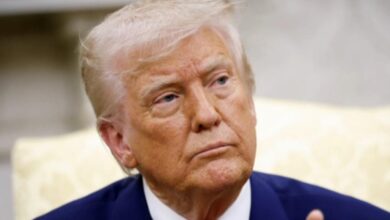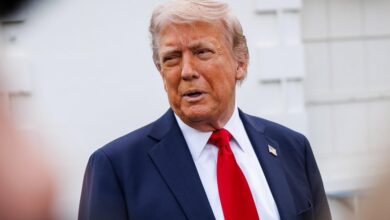Hundreds of colleges and universities issue letter condemning Trump’s “political interference”

Washington — A coalition of prestigious universities and colleges in the United States, including Harvard, Princeton, Penn, Brown, MIT, Cornell, and Tufts, united in a joint letter to denounce what they perceive as political interference by President Trump in the nation’s education system. This collective action follows Harvard University’s decision to sue the Trump administration after it announced a freeze on $2.2 billion in funding, with intentions to suspend an additional $1 billion in grants. The administration’s actions came after Harvard rejected demands to alter its policies and leadership, including the auditing of the student body and faculty for “viewpoint diversity.”
The letter issued by the universities and colleges emphasized their opposition to government overreach and interference in higher education. While they expressed willingness to engage in constructive reform and legitimate oversight, they staunchly rejected undue government intrusion and the coercive use of public research funding. The ongoing conflict between the administration and these institutions stems from allegations of campus antisemitism, threats to budgets and tax-exempt status, and scrutiny of foreign student enrollment.
The signatories of the joint letter affirmed their commitment to fostering environments where freedom of expression and exchange of diverse ideas are upheld without the fear of reprisal, censorship, or deportation. They highlighted the vital role of colleges and universities in educating a citizenry that sustains democracy and called for constructive engagement to enhance institutional quality and benefit society at large.
President Trump’s clashes with universities extend beyond financial threats, encompassing efforts to curtail federal funding based on diversity initiatives and an immigration crackdown impacting foreign students. The administration’s actions, justified as responses to perceived antisemitism and opposition to diversity programs, have sparked controversy and dissent within academic circles.
Allegations of antisemitism during protests against Israel’s actions in Gaza prompted crackdowns by universities, including Harvard, while some institutions, like Columbia University, have acquiesced to pressure from the Trump administration due to claims of progressive bias among the educational elite. The intersection of politics and academia continues to shape the landscape of higher education in the United States.





